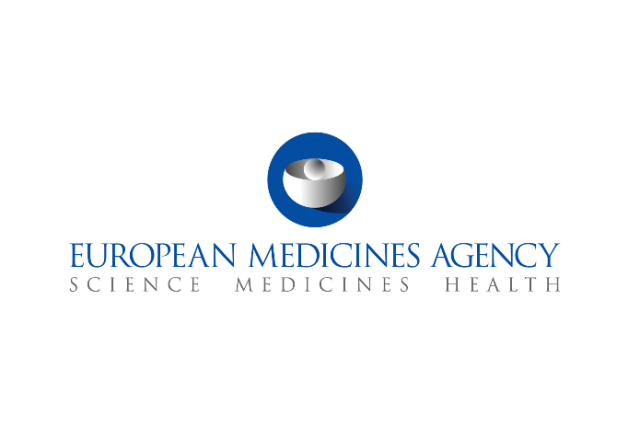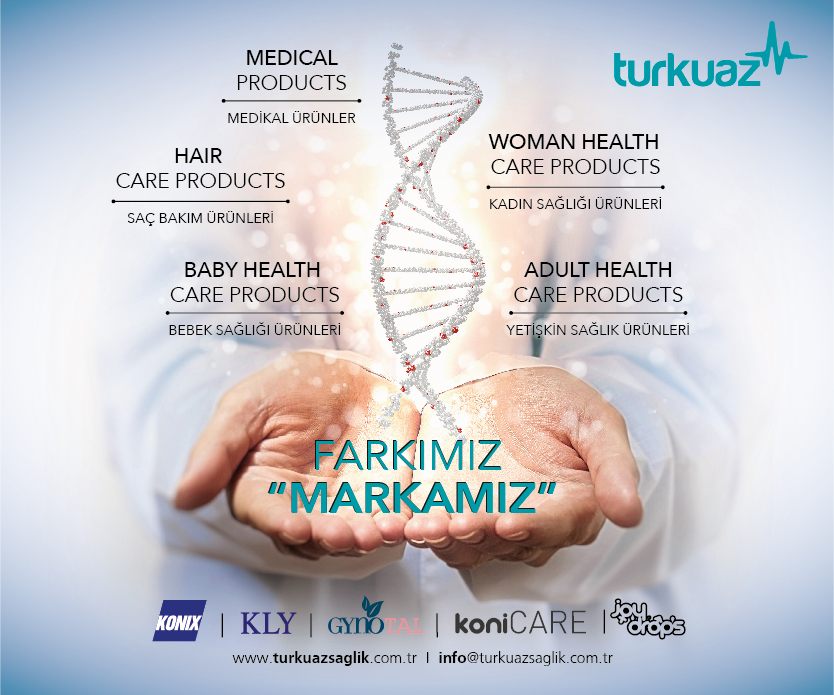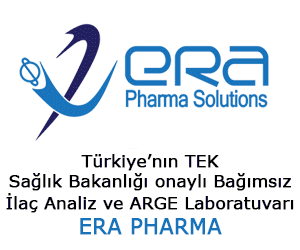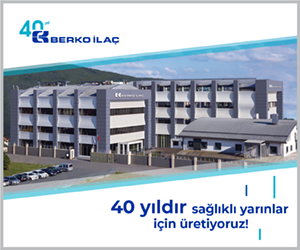EMA (Avrupa İlaç Ajansı) şu anda AstraZeneca aşısının COVID-19’u önlemedeki faydalarının, hastaneye yatma ve ölüm riskiyle bağlantılı olarak, yan etki risklerinden daha ağır bastığı görüşündedir.
Aşının katkıda bulunup bulunmadığını veya olayların başka nedenlerden kaynaklanıp kaynaklanmadığını belirlemek için mevcut verilerin ve belirli vakaları çevreleyen klinik koşulların hızlı ve kapsamlı analizi devam etmektedir. Resmi sayfasında ifade etmiştir!
Not: EMA, İngiltere-İsveç ortaklığında geliştirilen AstraZeneca aşısına 29 Ocak’ta kullanım tavsiyesi vermişti. Aralarında Almanya’nın da bulunduğu en az 17 Avrupa ülkesi, aşılanan bazı kişilerde ciddi kan pıhtılaşmalarına yol açmış olabileceği gerekçesiyle AstraZeneca aşısının kullanınımı askıya almıştı.
EMA’nın verdiği bilgilere göre, 10 Mart itibarıyla AB içinde aşılanan yaklaşık 5 milyon kişinin 30’unda tromboz görüldüğü tespit edilmişti. EMA, tromboz görülen kişilerin sayısının, toplumda normalde tespit edilen tromboz vakalarından daha fazla olmağını belirtiyor.
EMA: Investigation of COVID-19 Vaccine AstraZeneca and thromboembolic events continues
EMA’s safety committee (PRAC) made further progress today, Tuesday 16 March, in its detailed evaluation of cases of blood clots, some with unusual features such as low numbers of platelets, in recipients of COVID-19 Vaccine AstraZeneca. As previously stated, while its investigation is ongoing, EMA currently remains of the view that the benefits of the AstraZeneca vaccine in preventing COVID-19, with its associated risk of hospitalisation and death, outweigh the risks of side effects.
The evaluation is looking at the available data related to all thromboembolic events reported after vaccination. National agencies are providing additional support to gather missing and incomplete information as quickly as possible, particularly where it relates to these unusual cases. Rapid and thorough analysis of the available data and clinical circumstances surrounding specific cases is continuing, to determine whether the vaccine might have contributed or if events are likely to have been due to other causes.
PRAC will conclude on the information available at its meeting on Thursday 18 March, and issue any necessary recommendations for further action.
More about the procedure
The review of thromboembolic events with COVID-19 Vaccine AstraZeneca is being carried out in the context of a safety signal, under an accelerated timetable. A safety signal is information on a new or incompletely documented adverse event that is potentially caused by a medicine such as a vaccine and that warrants further investigation.
The review is being carried out by EMA’s Pharmacovigilance Risk Assessment Committee (PRAC), the Committee responsible for the evaluation of safety issues for human medicines. Once the review is completed, PRAC will make any recommendations necessary to minimise risks and protect patients’ health.
AstraZeneca: Update on the safety of COVID-19 Vaccine AstraZeneca
Following a recent concern raised around thrombotic events, AstraZeneca would like to offer its reassurance on the safety of its COVID-19 vaccine based on clear scientific evidence. Safety is of paramount importance and the Company is continually monitoring the safety of its vaccine.
A careful review of all available safety data of more than 17 million people vaccinated in the European Union (EU) and UK with COVID-19 Vaccine AstraZeneca has shown no evidence of an increased risk of pulmonary embolism, deep vein thrombosis (DVT) or thrombocytopenia, in any defined age group, gender, batch or in any particular country.
So far across the EU and UK, there have been 15 events of DVT and 22 events of pulmonary embolism reported among those given the vaccine, based on the number of cases the Company has received as of 8 March. This is much lower than would be expected to occur naturally in a general population of this size and is similar across other licensed COVID-19 vaccines. The monthly safety report will be made public on the European Medicines Agency website in the following week, in line with exceptional transparency measures for COVID-19.
Furthermore, in clinical trials, even though the number of thrombotic events was small, these were lower in the vaccinated group. There has also been no evidence of increased bleeding in over 60,000 participants enrolled.
Ann Taylor, Chief Medical Officer, said: “Around 17 million people in the EU and UK have now received our vaccine, and the number of cases of blood clots reported in this group is lower than the hundreds of cases that would be expected among the general population. The nature of the pandemic has led to increased attention in individual cases and we are going beyond the standard practices for safety monitoring of licensed medicines in reporting vaccine events, to ensure public safety.”
In terms of quality, there are also no confirmed issues related to any batch of our vaccine used across Europe, or the rest of the world. Additional testing has, and is, being conducted by ourselves and independently by European health authorities and none of these re-tests have shown cause for concern. During the production of the vaccine more than 60 quality tests are conducted by AstraZeneca, its partners and by more than 20 independent testing laboratories. All tests need to meet stringent criteria for quality control and this data is submitted to regulators within each country or region for independent review before any batch can be released to countries.
The safety of the public will always come first. The Company is keeping this issue under close review but available evidence does not confirm that the vaccine is the cause. To overcome the pandemic, it is important that people get vaccinated when invited to do so.
COVID-19 Vaccine AstraZeneca, formerly AZD1222
COVID-19 Vaccine AstraZeneca was co-invented by the University of Oxford and its spin-out company, Vaccitech. It uses a replication-deficient chimpanzee viral vector based on a weakened version of a common cold virus (adenovirus) that causes infections in chimpanzees and contains the genetic material of the SARS-CoV-2 virus spike protein. After vaccination, the surface spike protein is produced, priming the immune system to attack the SARS-CoV-2 virus if it later infects the body.
The vaccine has been granted a conditional marketing authorisation or emergency use in more than 70 countries across six continents, and with the recent Emergency Use Listing granted by the World Health Organization accelerates the pathway to access in up to 142 countries through the COVAX Facility.




















